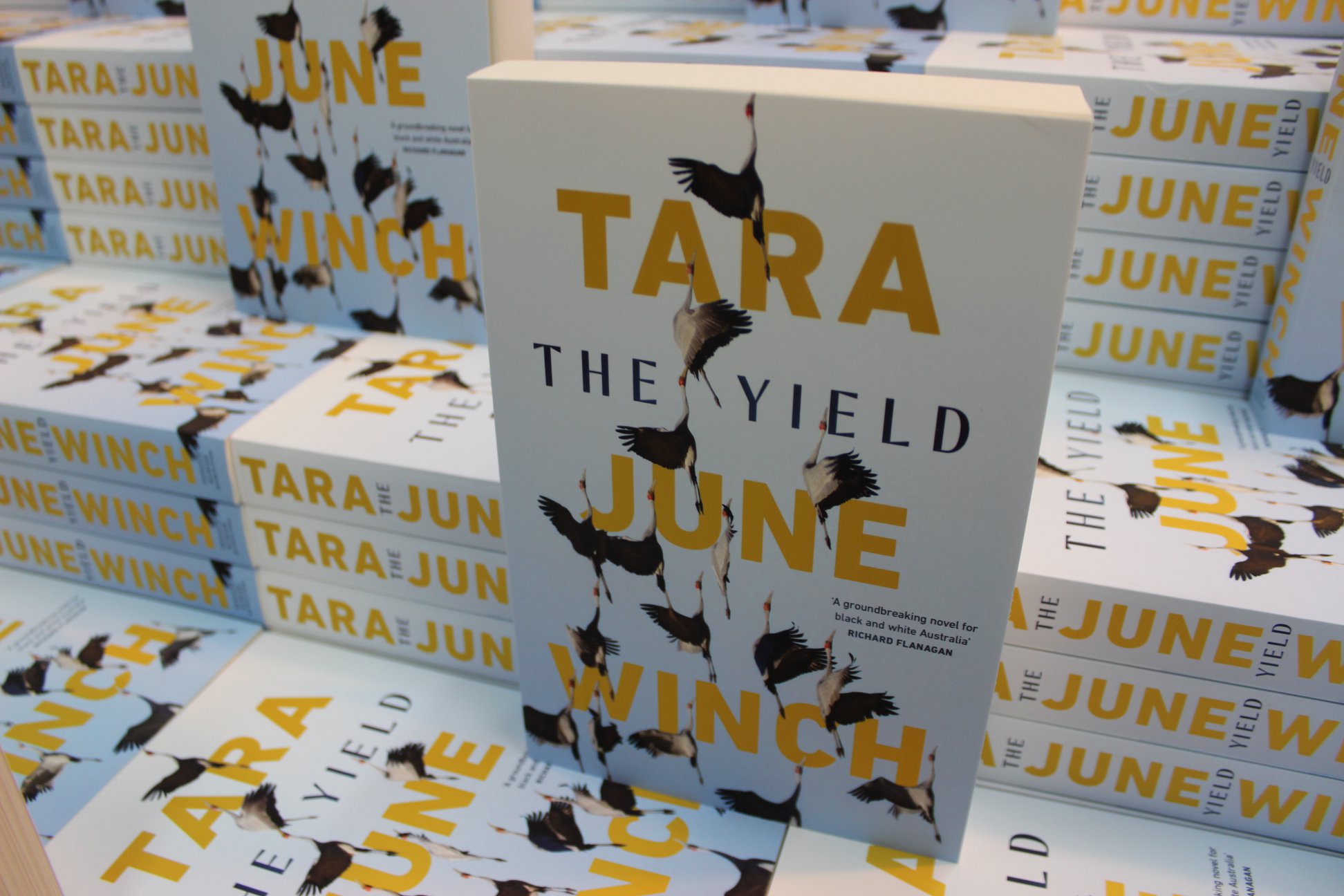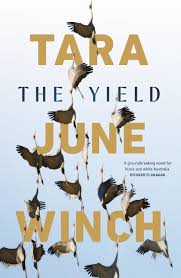



It’s a good story in the sense that it hits all the beats you’d expect, but next to the dictionary and the letter, it didn’t shine. The “innovative conceit” (as the Stella Prize judges called it) of using Wiradjuri language in The Yield to communicate a story and connect with the reader was muffled somewhat by a… well, a bog-standard David and Goliath fight that felt familiar and flat. The third is a letter from a Reverend Greenleaf, uncovered from the archive, in which he details the establishment of a mission in the (fictional) town of Massacre.įor me, August’s story was a bit of a let down. The second is a narrative about August, his granddaughter, who returns to present-day Australia to attend Poppy’s farewell and reconnects with her family and her heritage. The first is a dictionary, penned by Albert ‘Poppy’ Gondiwindi, a man who uses the last moments of his life to pass on the language of his people and the storytelling tradition they have nurtured over tens of thousands of years. It’s told from three different perspectives. The Yield is “the story of a people and a culture dispossessed… a celebration of what was and what endures… a powerful reclaiming of Indigenous language, storytelling, and identity”. Still, The Yield is the work for which she is best known, the book that won her the 2020 Miles Franklin Literary Award (and the 2020 Voss Literary Prize, and the 2020 Prime Minister’s Literary Award for fiction, and…). Winch is a Wiradjuri author, born in Australia and now based in France, with many feathers in her young cap (including a prestigious mentorship with Nobel Prize winner Wole Soyinka). (When you use an affiliate link on this page, I’ll earn a commission – the yield will be small, but I’ll be grateful!)


 0 kommentar(er)
0 kommentar(er)
